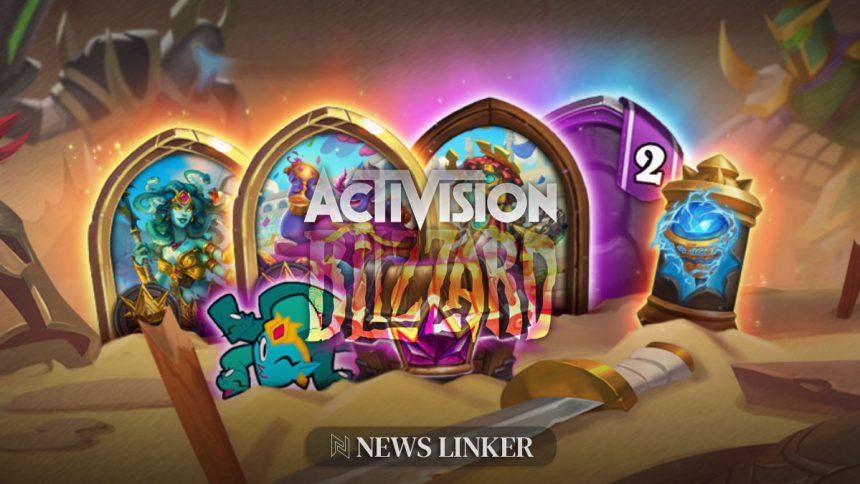Anticipation about the impact of Microsoft’s acquisition of Activision Blizzard has given way to a series of decisions affecting employees and consumers. Since the $68.7 billion merger closed in October 2023, Microsoft introduced several rounds of layoffs and increased the cost of its Game Pass subscriptions, sparking renewed debate over the effects of industry consolidation. Concerns expressed prior to the deal have resurfaced in light of recent developments, particularly among those watching for shifts in competition and pricing strategies. Questions regarding the repercussions for both workers and gamers have become prominent, as significant layoffs follow price adjustments across major gaming products. Meanwhile, statements and actions from former officials and company leaders continue to shape the ongoing discussion.
Other coverage of the Microsoft-Activision Blizzard merger emphasized regulatory scrutiny, with strong debates about potential market concentration and consumer impact. Earlier reporting detailed optimistic forecasts from Microsoft and Activision Blizzard executives, highlighting possible benefits for gamers, but did not extensively anticipate the scale of job cuts or multiple price increases. Since the deal’s completion, outcomes have increasingly aligned with more cautious predictions voiced during the acquisition’s review period, especially in light of workforce reductions and cost hikes for gaming services like Game Pass Ultimate.
Why Did the FTC Warn About the Acquisition?
The U.S. Federal Trade Commission, led at the time by Lina Khan, raised formal concerns that Microsoft’s acquisition could diminish competition and give the company disproportionate influence over the video game market. The FTC attempted to block the deal, warning it might negatively impact both consumers and employees across the sector. The organization outlined worries about monopoly behaviors, particularly if Microsoft gained the ability to dictate pricing and control significant market share post-merger.
What Are the Consequences for Employees and Gamers?
Following the merger, Microsoft enacted several rounds of layoffs, reducing its workforce in its gaming-related divisions by approximately 11,500 employees. Staff from Activision Blizzard, Xbox, and related studios were affected, with some projects—including a long-awaited survival game—also cancelled. In addition, two separate price hikes raised the cost of Game Pass Ultimate and PC Game Pass, prompting questions over product value and affordability for loyal customers. As Lina Khan commented,
“Microsoft’s acquisition of Activision has been followed by significant price hikes and layoffs, harming both gamers and developers.”
She further argued,
“As dominant firms become too-big-to-care, they can make things worse for their customers without having to worry about the consequences.”
How Have Company Leaders Responded to Criticism?
Executives at Microsoft and Activision Blizzard initially argued that the merger would provide expanded opportunities and increased competitiveness, suggesting it would ultimately benefit both workers and players. Despite these assurances, the operational reality changed. While Xbox boss Phil Spencer claimed the gaming business was performing strongly, rising subscription costs and staff cutbacks have overshadowed optimistic statements from leadership. The gap between public commitments and actual developments is now part of ongoing public scrutiny of large-scale mergers within the industry.
Decision makers and market observers monitoring the results of this acquisition have valuable lessons to consider. Patterns emerging from the Microsoft-Activision Blizzard deal echo broader industry discussions about corporate consolidations affecting employees, product offerings, and consumer prices. Those following similar cases may wish to evaluate the likelihood of unintended consequences—such as large-scale layoffs or price increases—during regulatory review. Consumers interested in keeping subscription costs manageable can compare multiple game service providers, while workers within the gaming sector may seek to track news of organizational changes and employment trends linked to major industry transactions.
- Microsoft laid off thousands after acquiring Activision Blizzard.
- Game Pass Ultimate and PC Game Pass prices increased twice.
- The FTC’s earlier warnings about market impact proved prescient.










